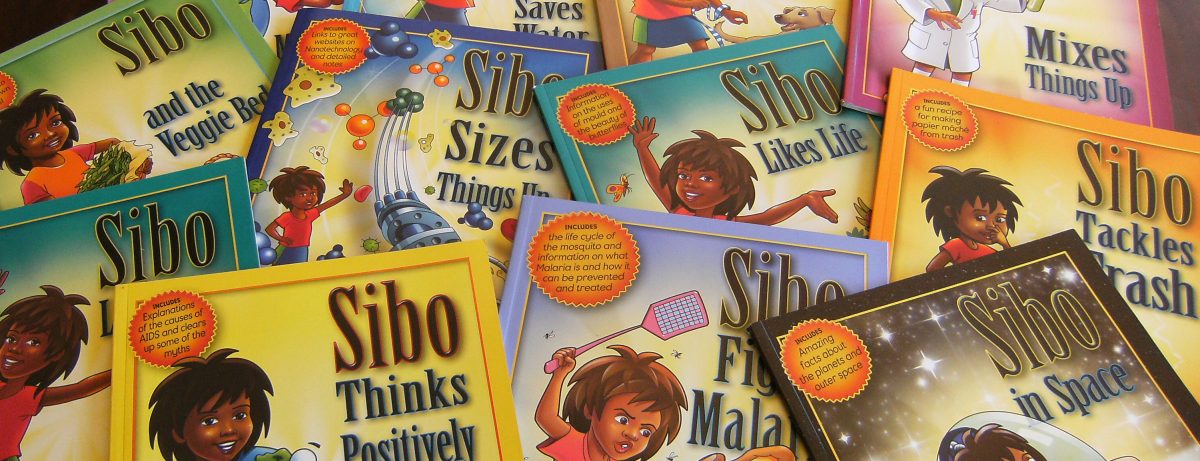
1st February is World Read Aloud Day.
Last year more than a million people participated in this event. Sounds fabulous, but actually when you come to think of how many people there actually are in this world (estimated at ~7.7 billion in November last year) that is pretty darn pathetic!
Every day should be a read aloud day.
Reading stories to children is probably one of the most beneficial things you, as a parent or older sibling, can do, apart from giving them love, food, clothing and shelter that is.
It’s not only little kids that enjoy being read to either, older kids appreciate a good story too.
Scary fact: South Africa came last in the world in a recent survey. They discovered that 8 out of 10 kids in Grade 4 cannot read for meaning – in any language. What does that terrifying sentence signify? It means that those kids can read the words, but when they have finished “reading” them, they don’t know what they just read.
It makes no sense right? Sadly it’s true, and when you don’t understand what you are reading, it strips away all the joy associated with books.
You, as a parent, have the power to instil a love of reading in your child from early on.
It’s as simple as reading a little story at bedtime. Every bedtime! It’s also a sneaky way of having one-on-one special time with your kids.
When you read with emphasis and expression, it makes the story come alive. Not only does that make it interesting, but the way you read gets your kids to understand how grammar works, without even realising. You pause at a comma and stop at the end of the sentence.
They can hear how words are being pronounced.
Being read aloud to also exposes children to new words and increases their vocabulary.
Literature is also a great way of helping kids understand something that they have not necessarily been exposed to themselves. It makes them more aware and instils empathy.
Please do leave your cell phone in another room when you are reading to your children. Possibly the most irritating thing in the world is having a story continually interrupted by pinging, ringing and a distracted storyteller.

To celebrate World Read Aloud Day we are making ‘Sibo Saves Water’ a free
Happy reading and listening!
Sibo



